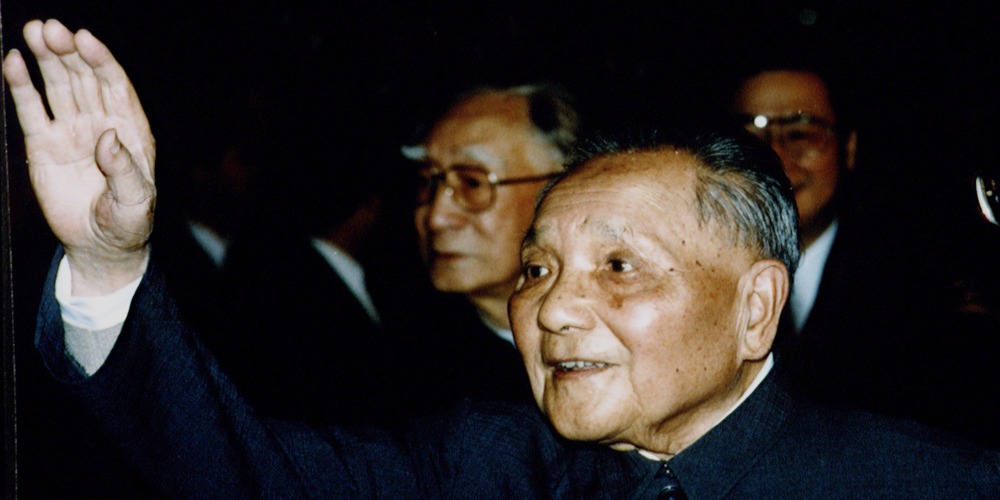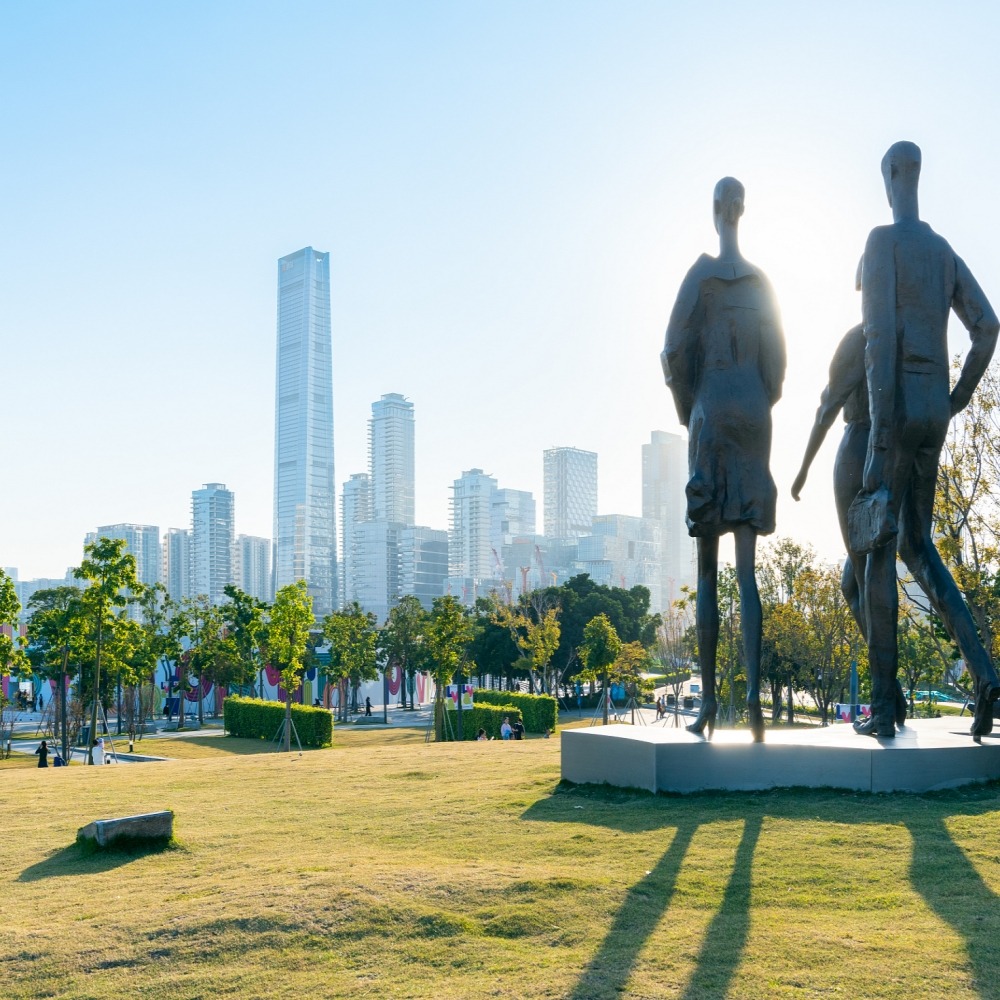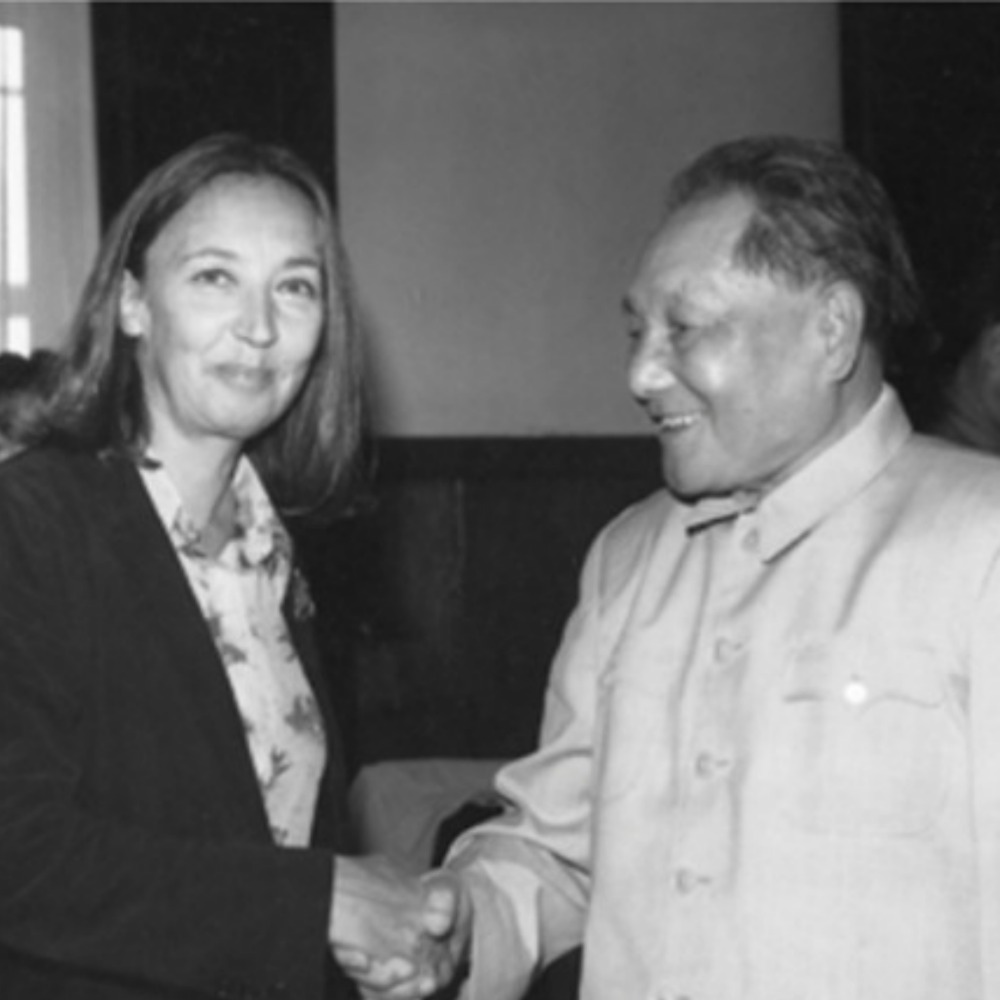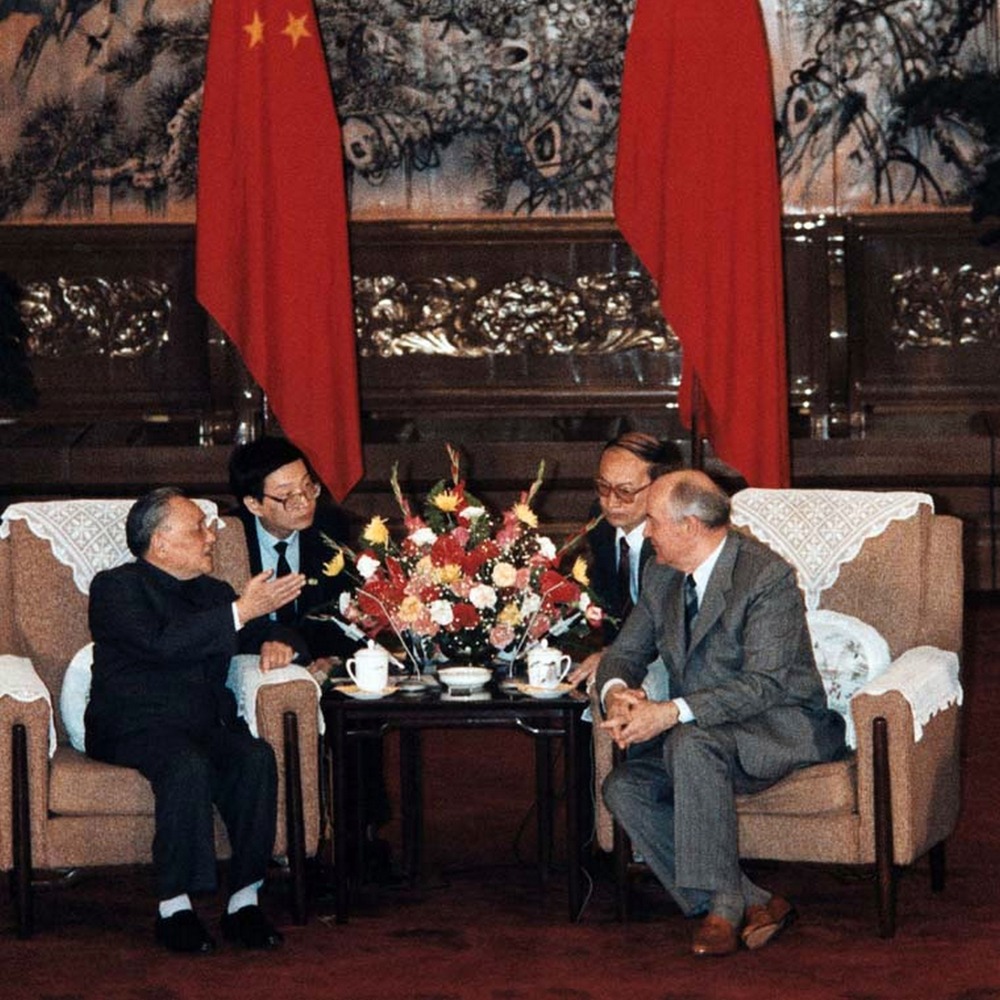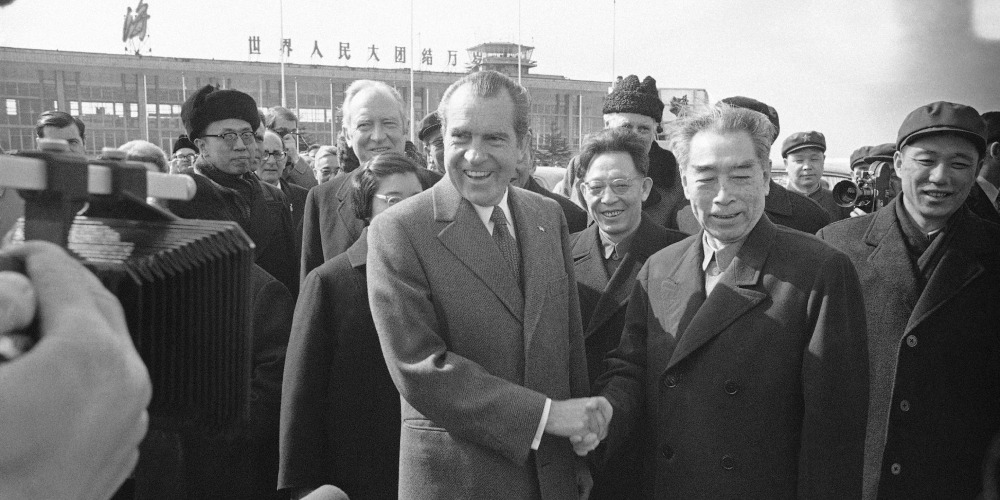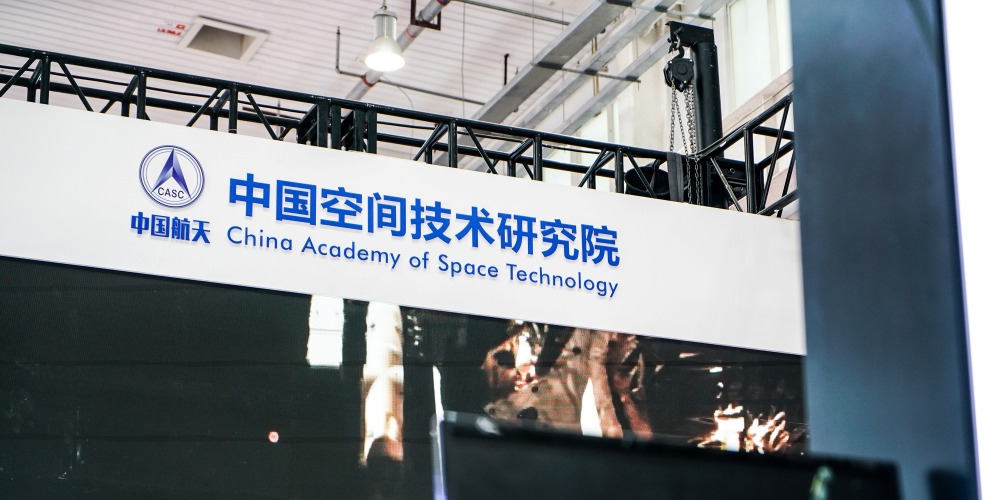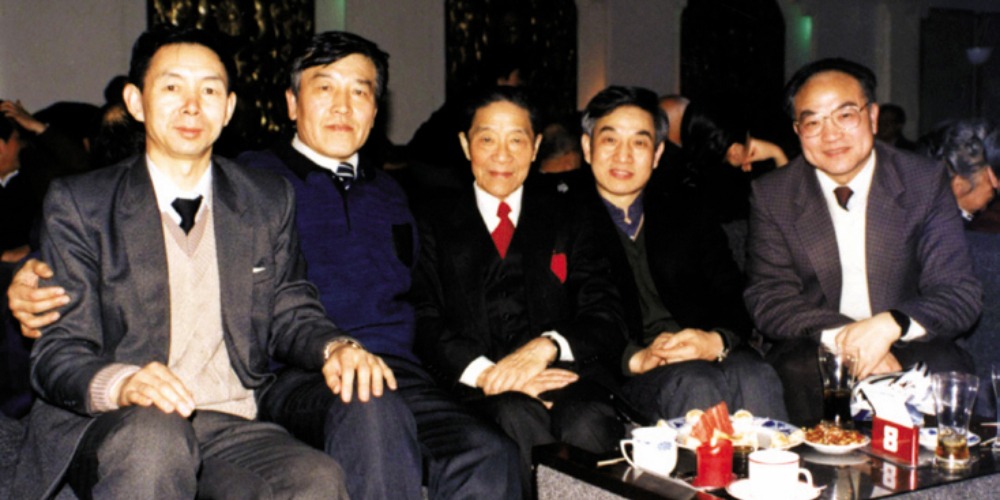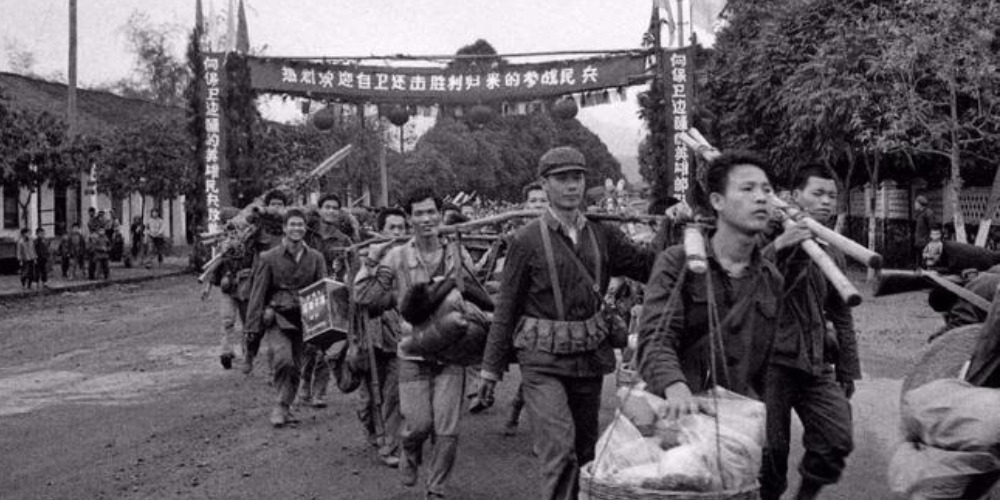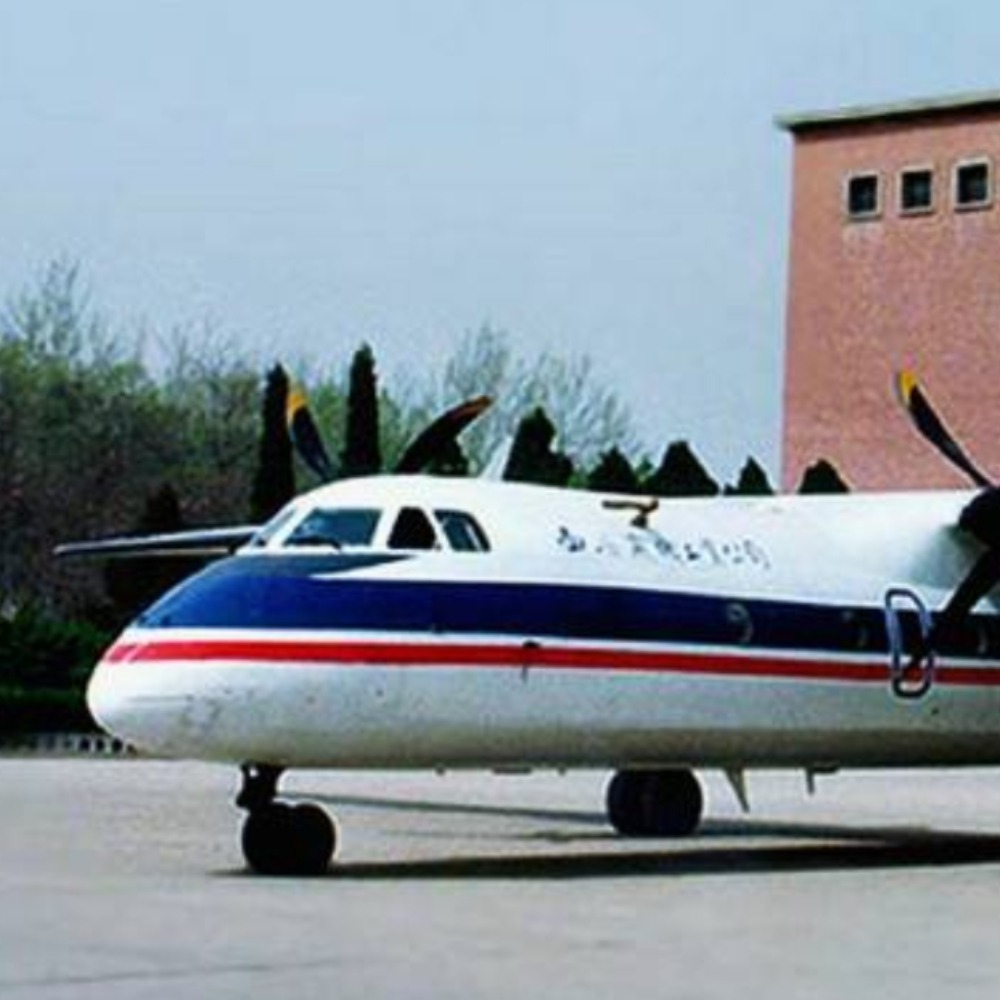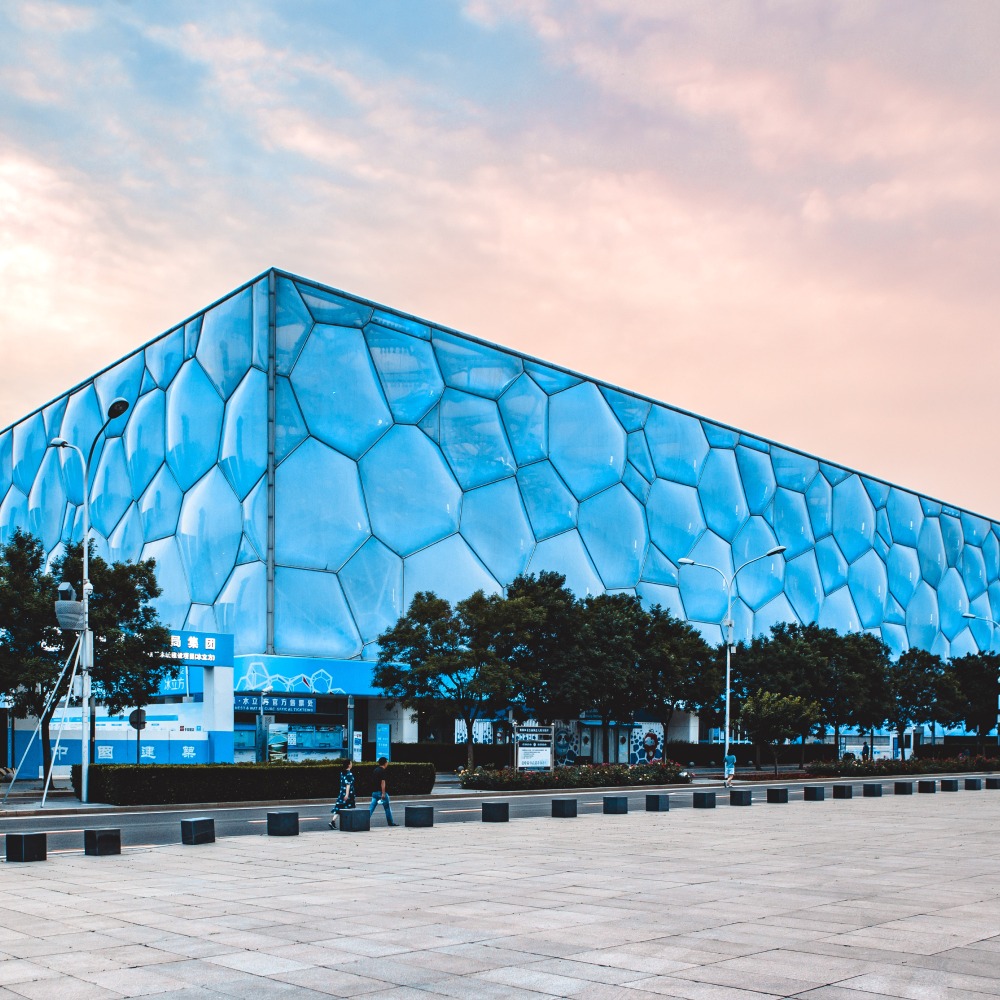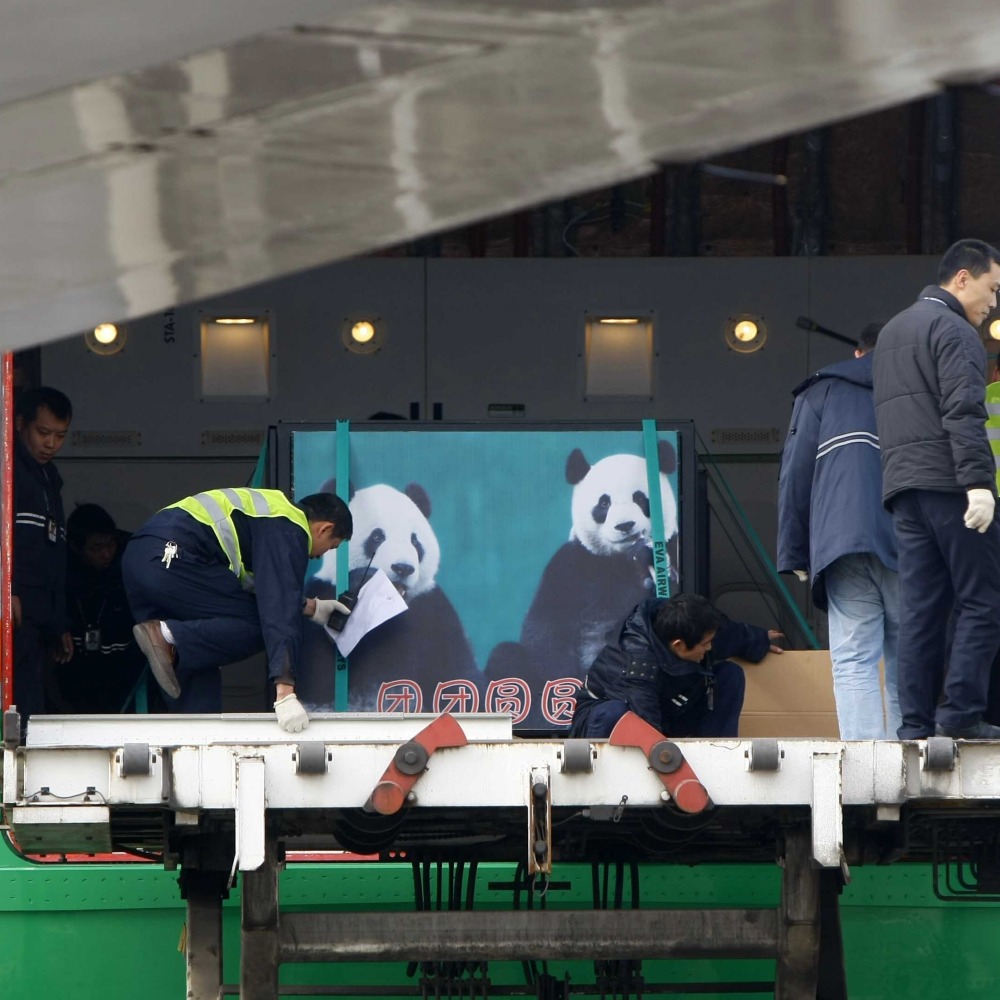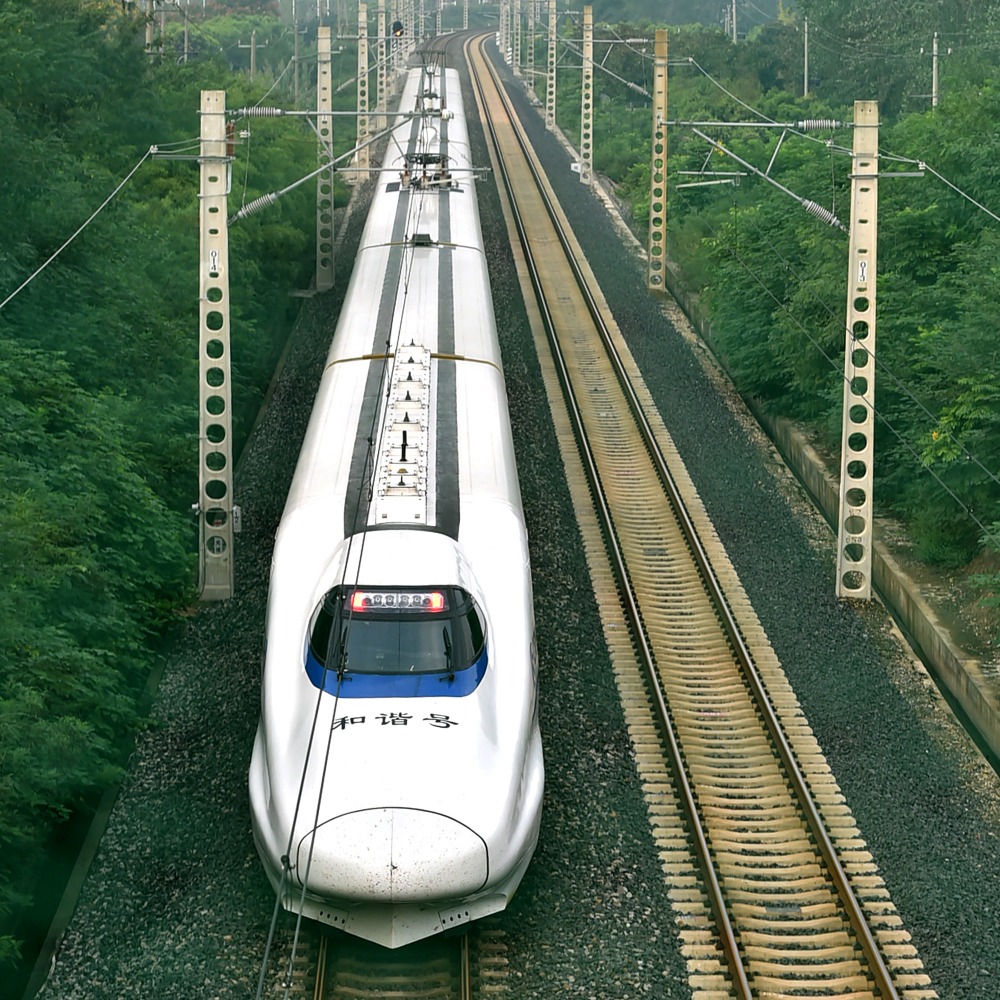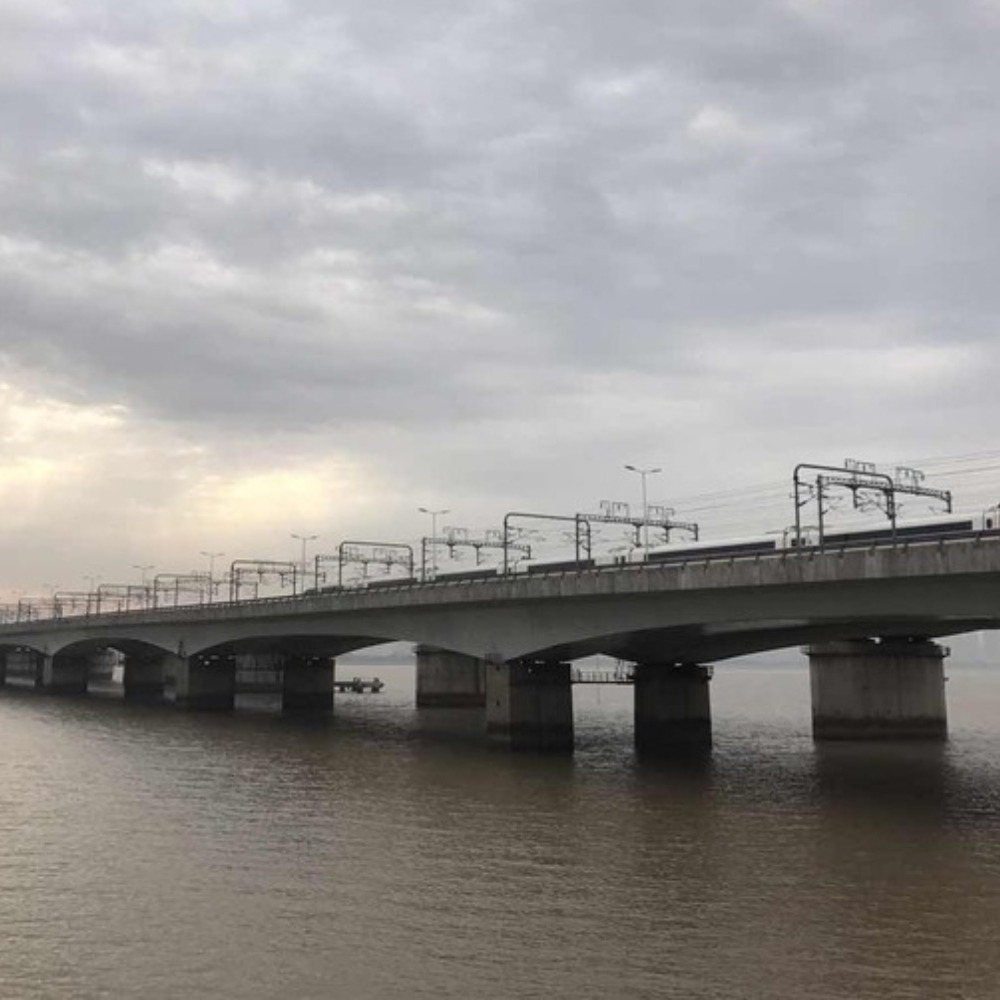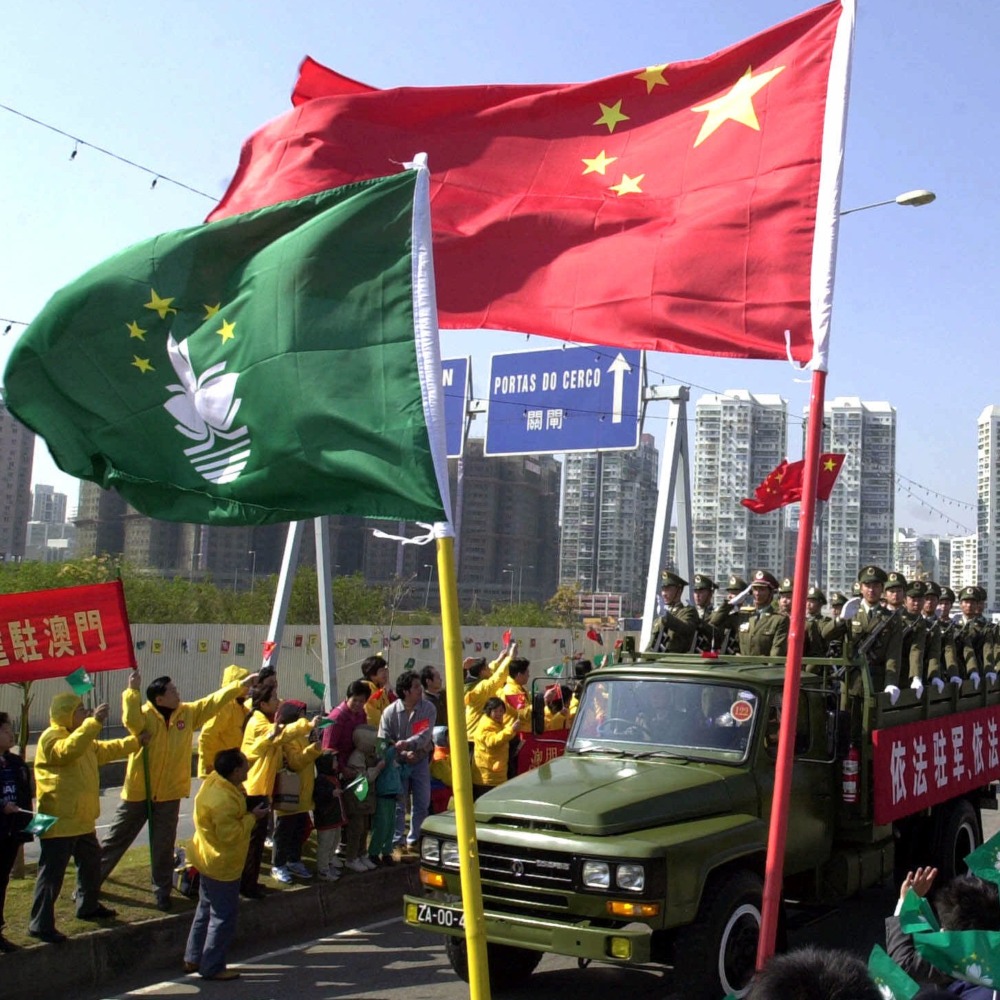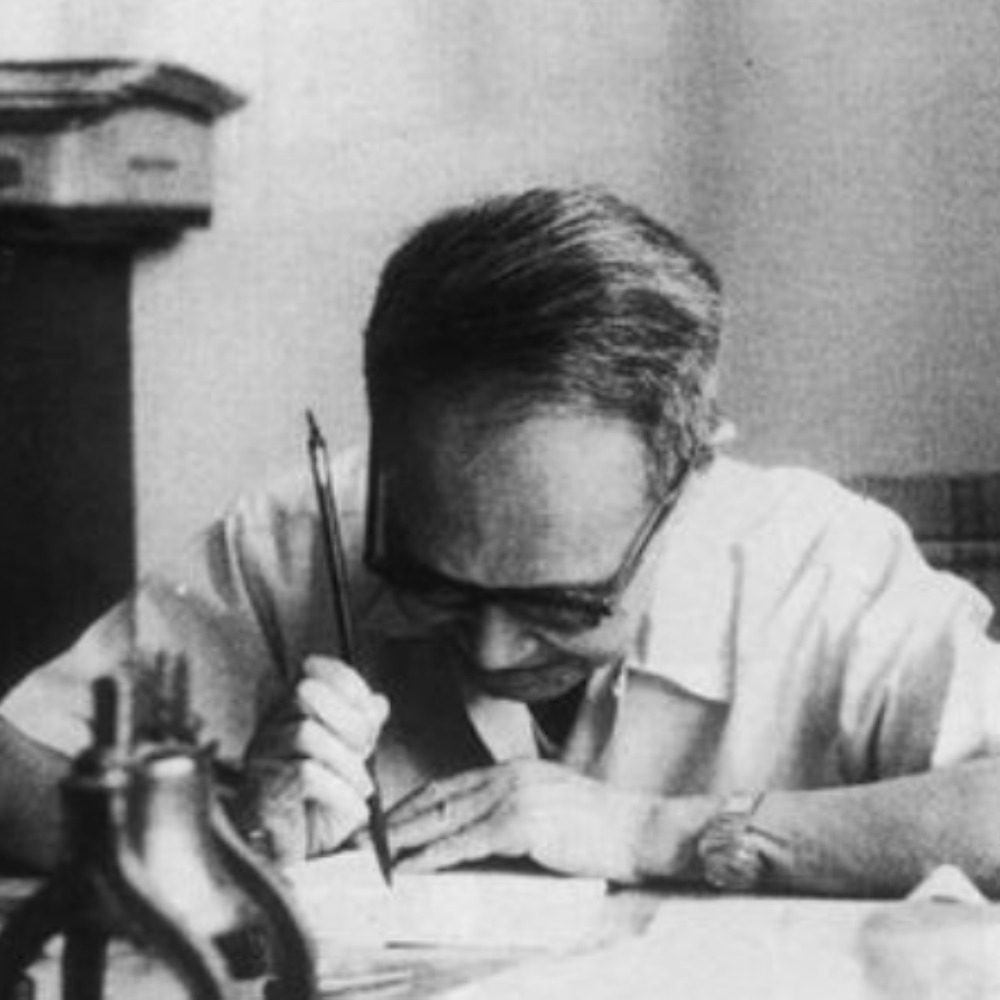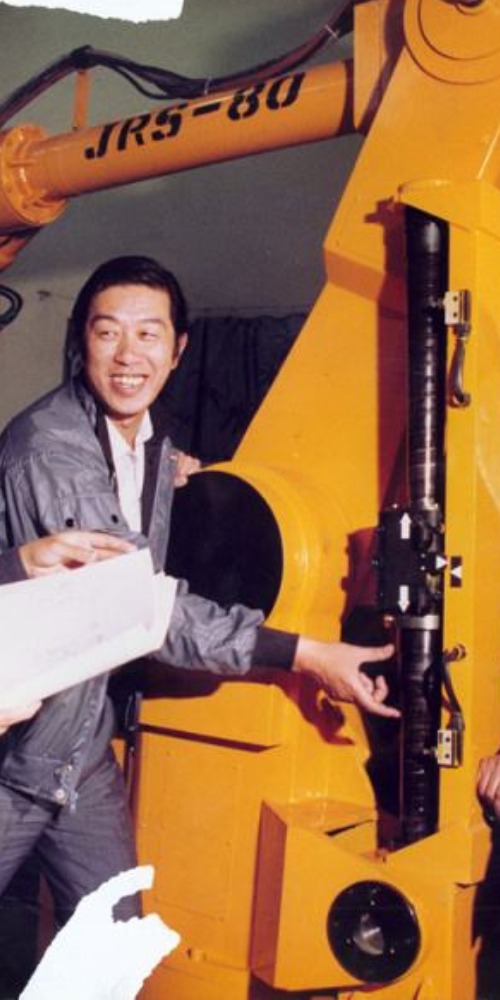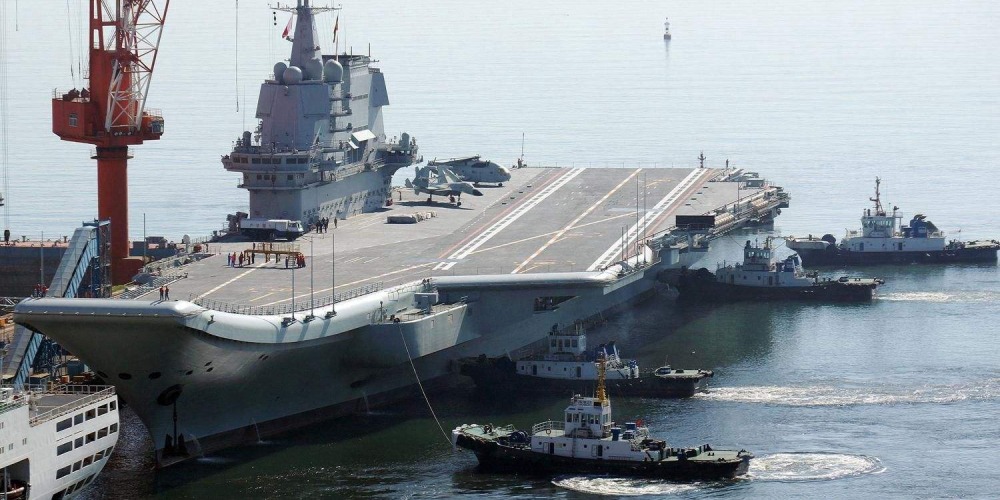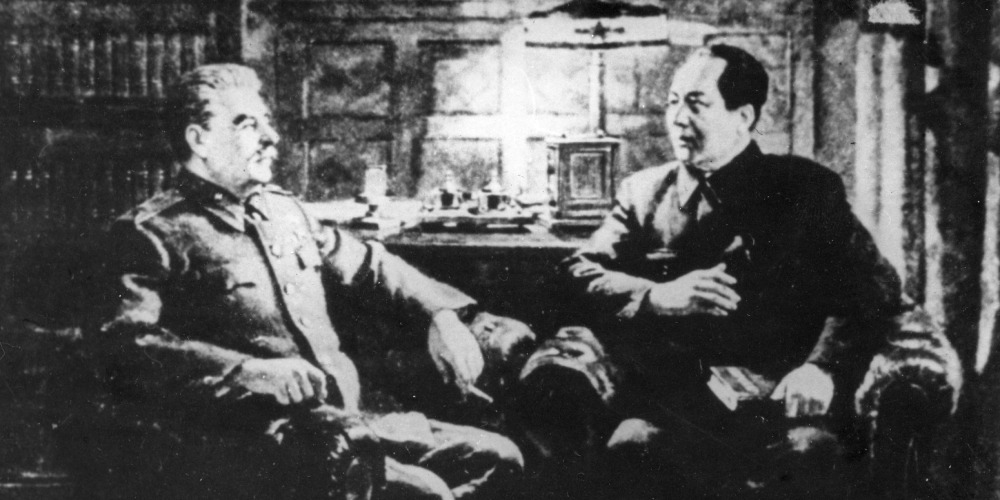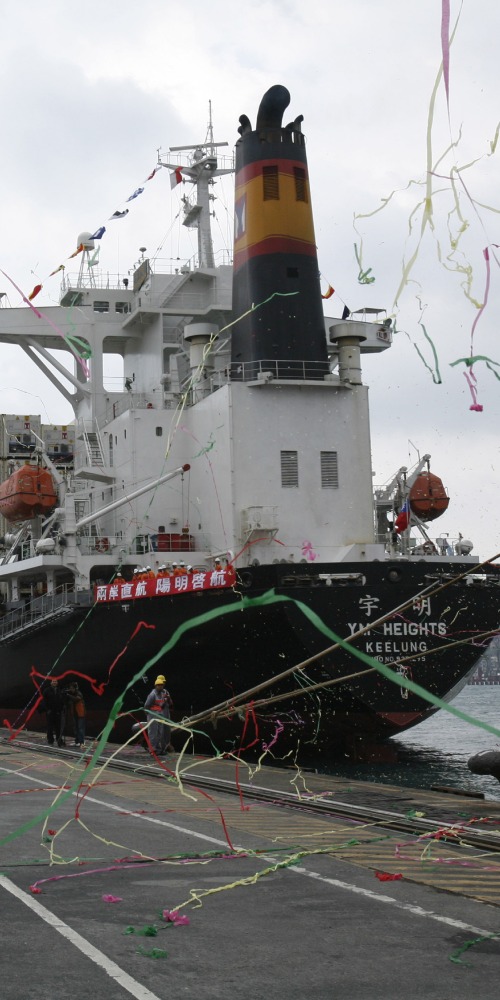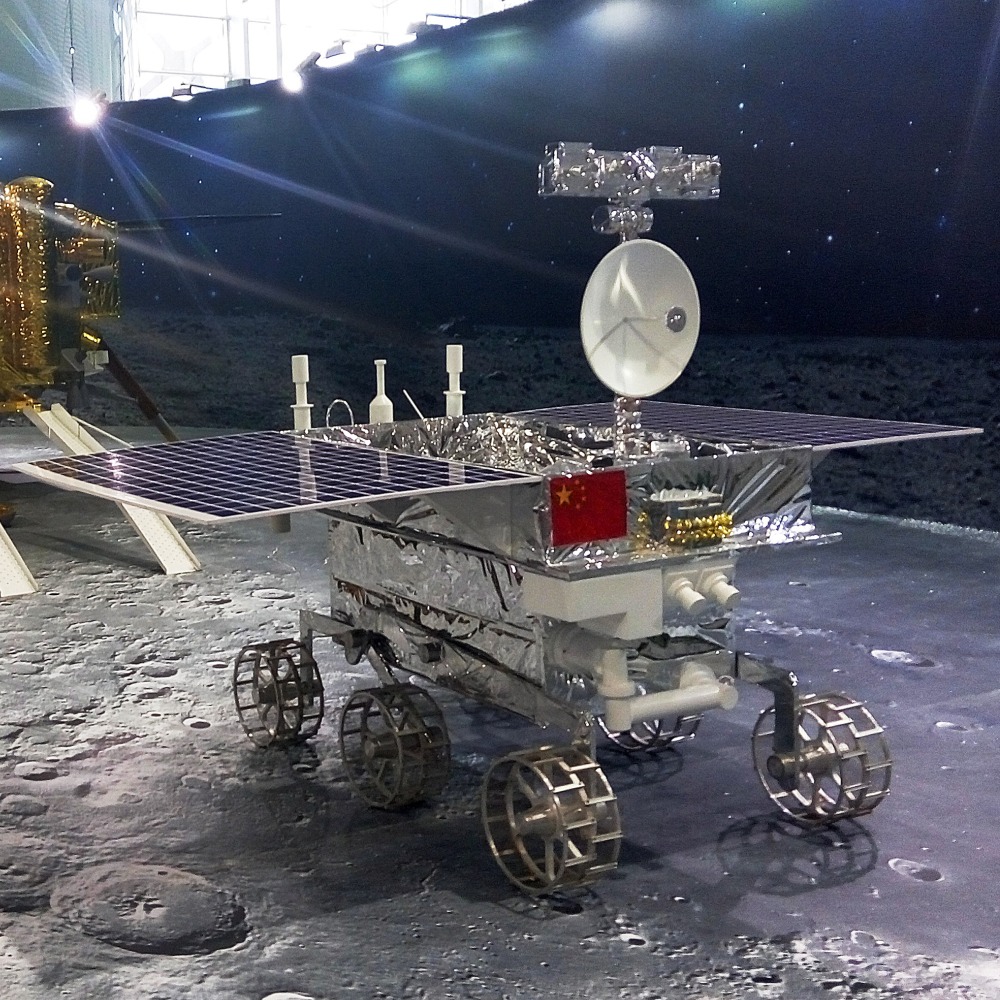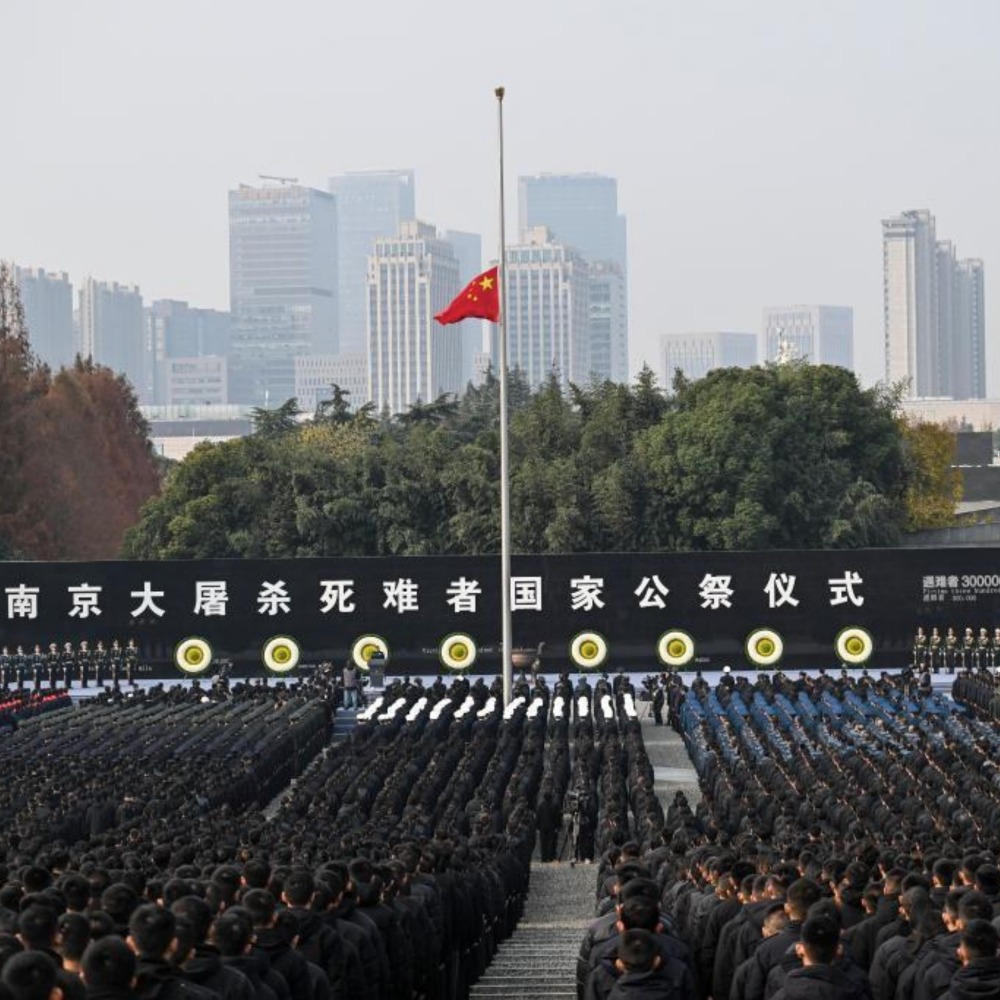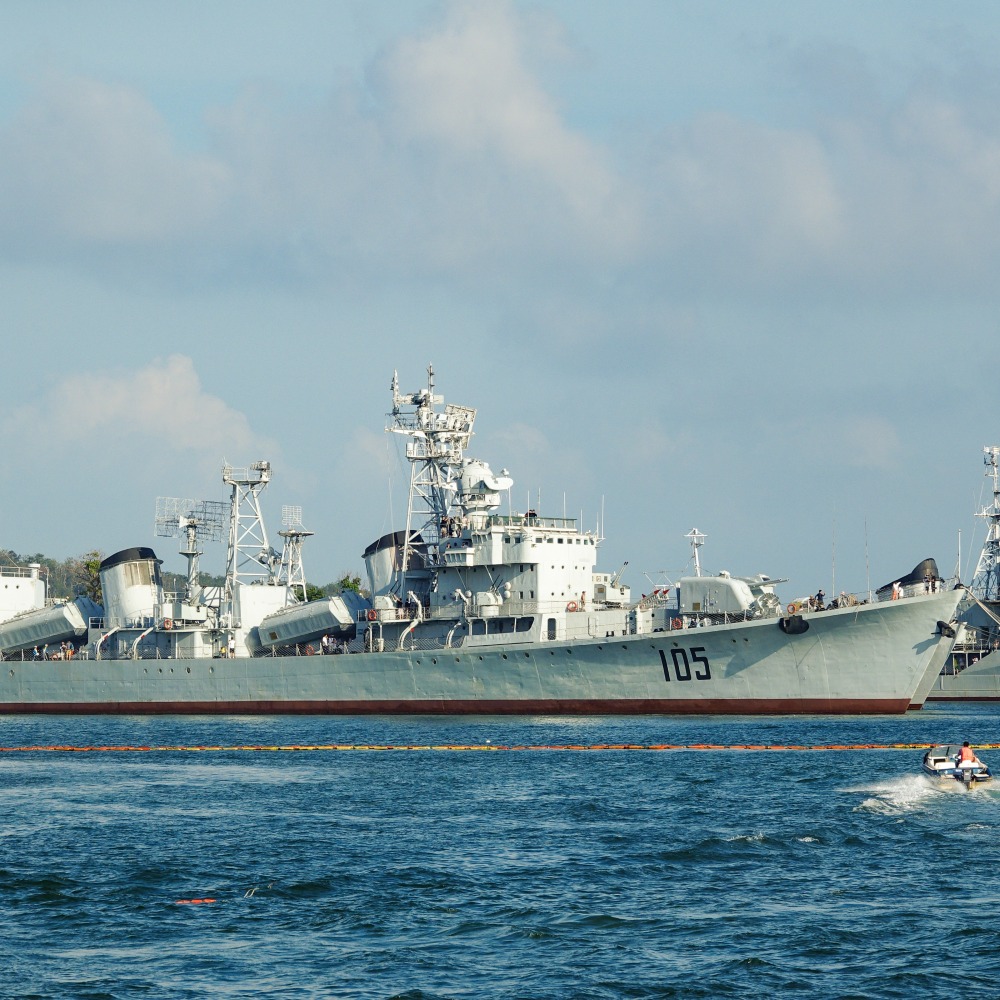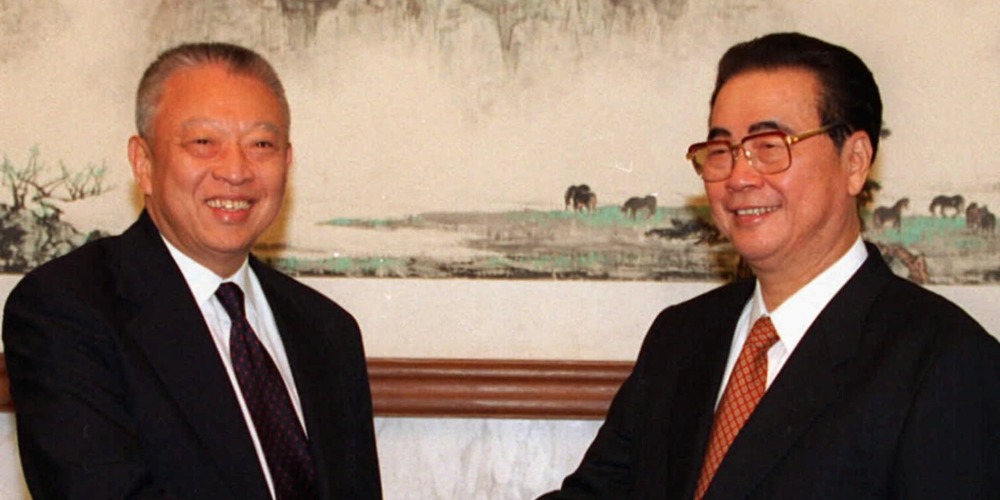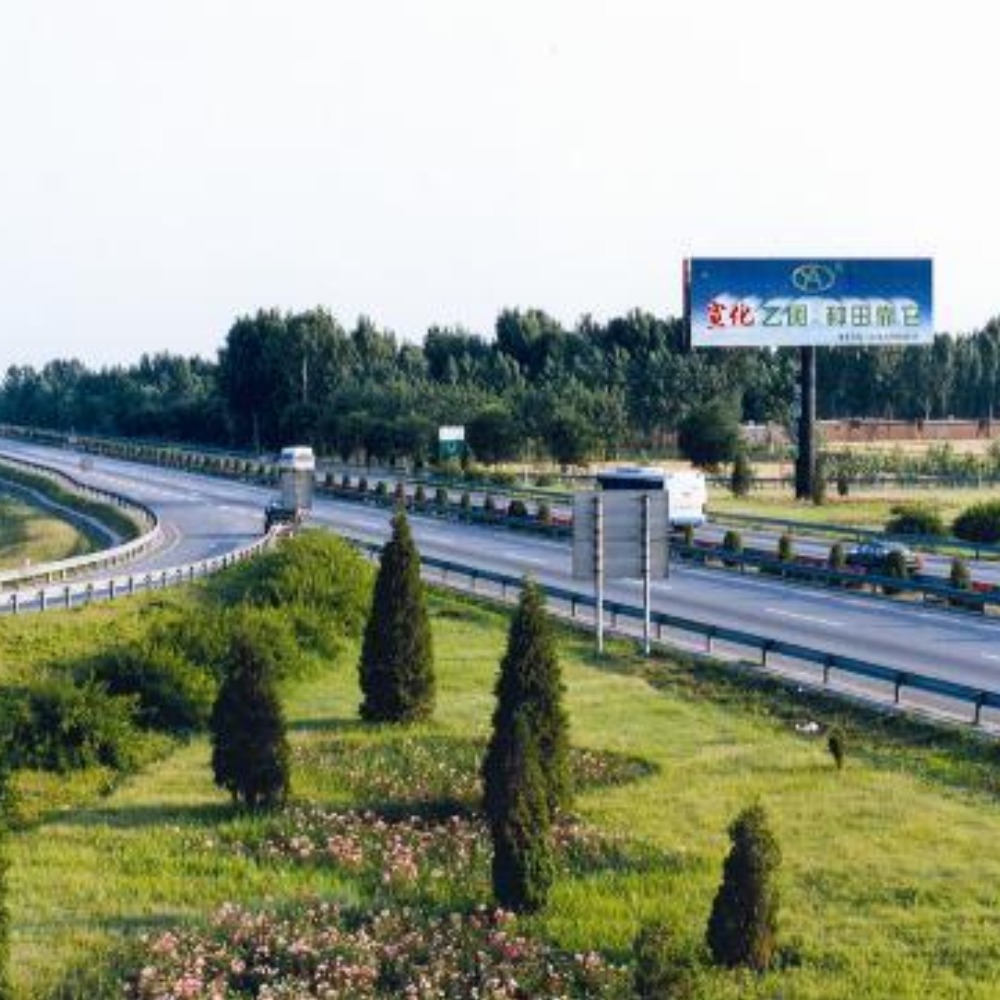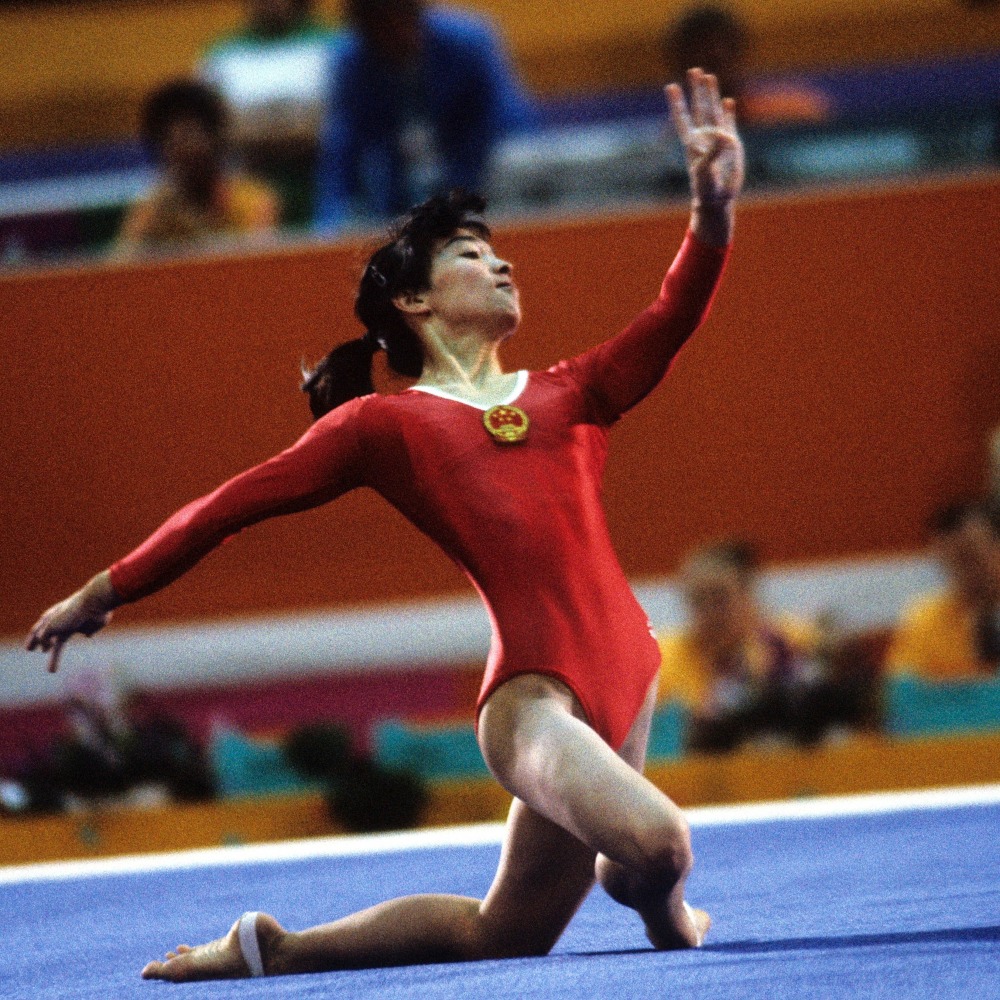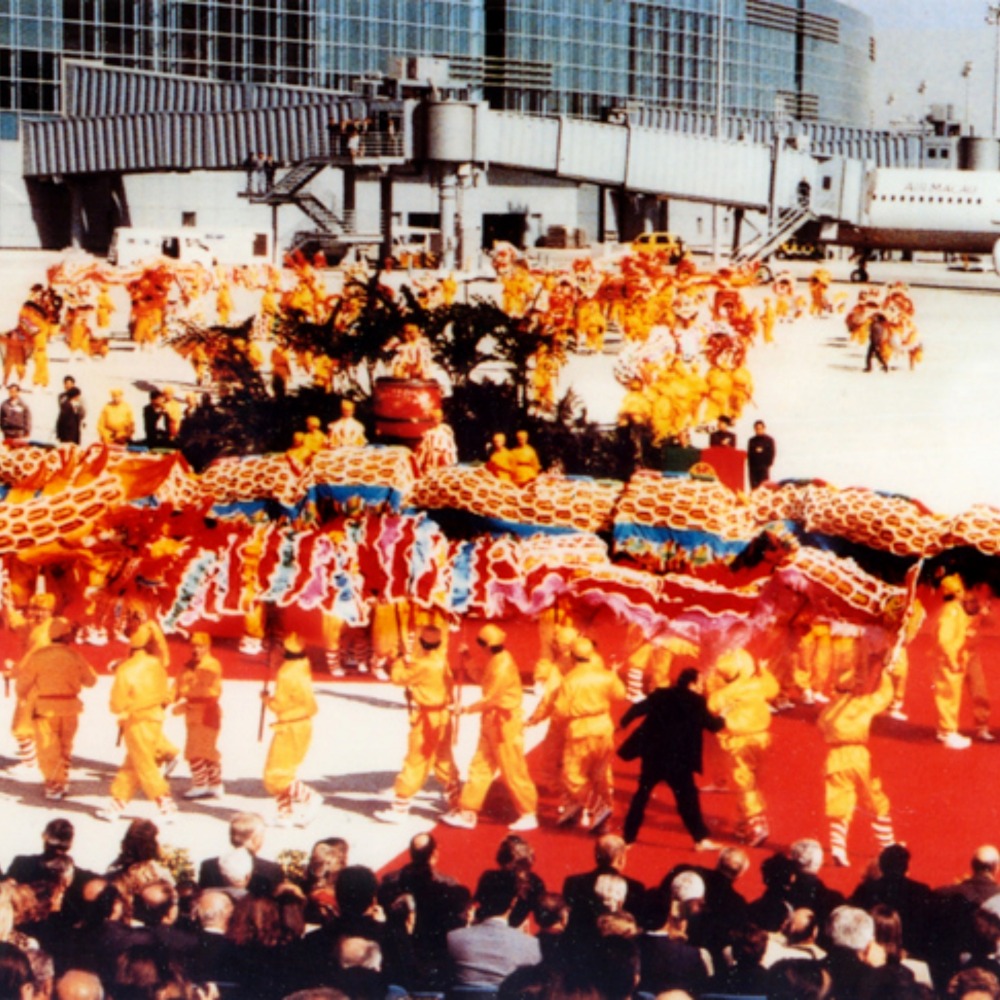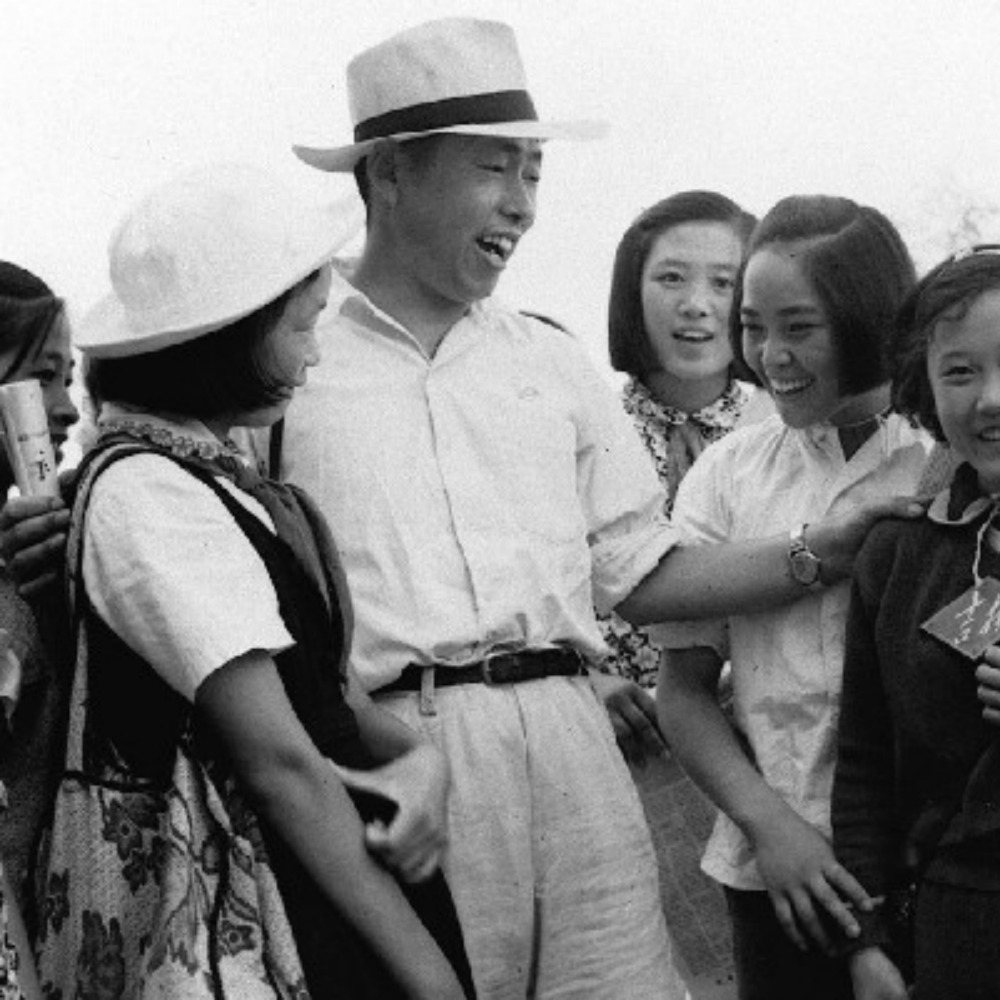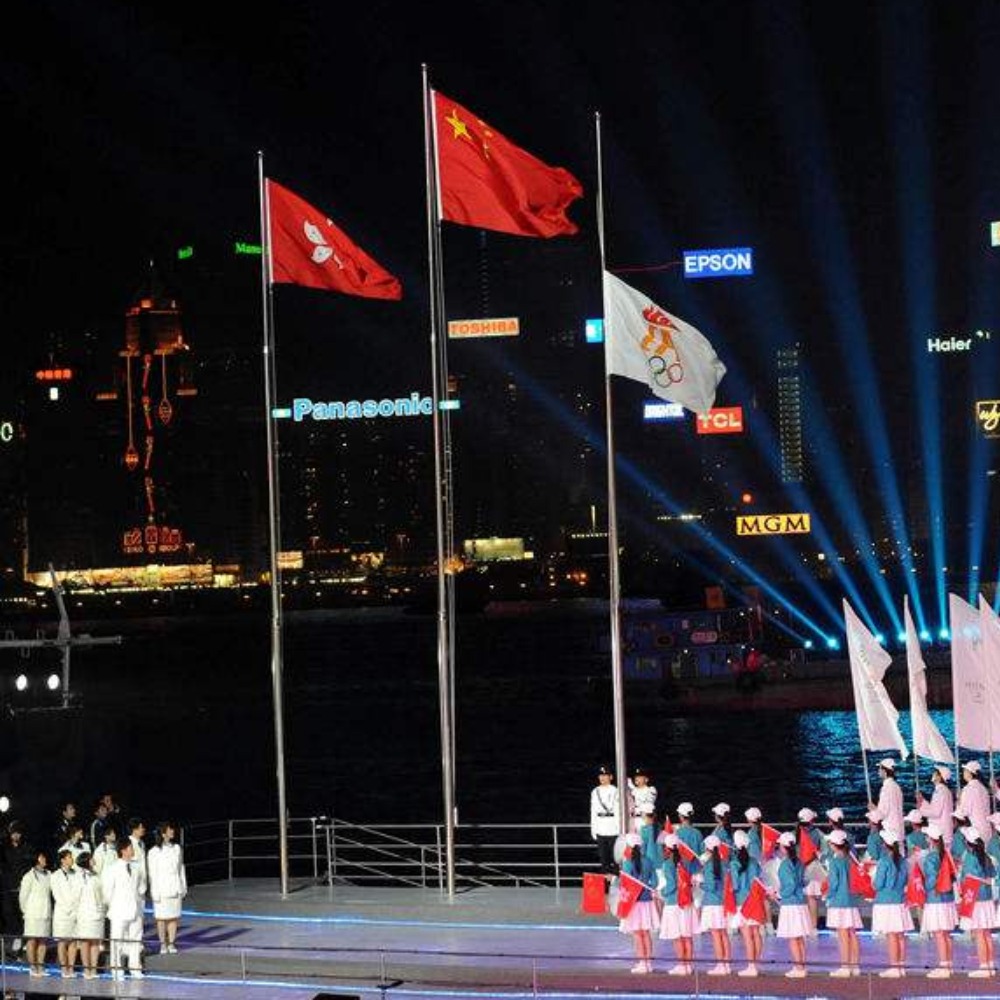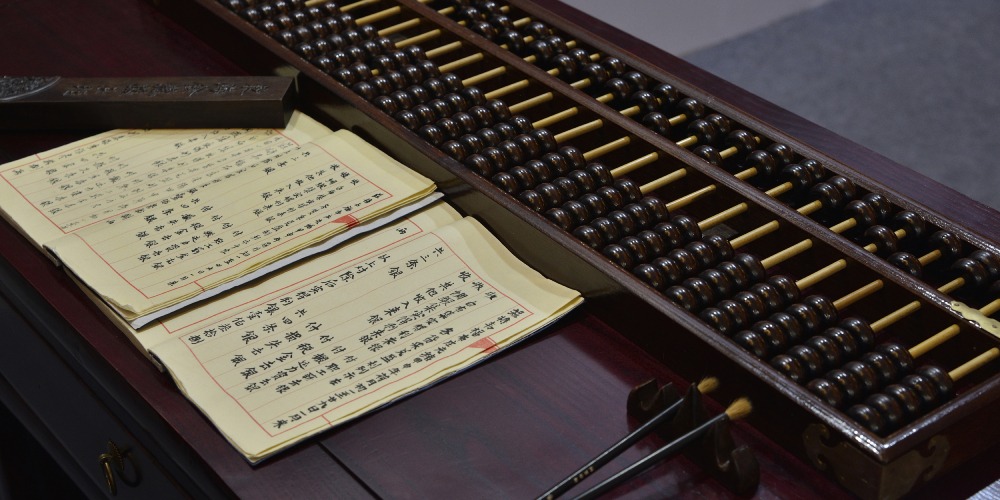Published : 2025-02-19
On February 19, 1997, Deng Xiaoping (鄧小平) , one of the major leaders of the Communist Party of China, the People's Liberation Army, and the People's Republic of China, the chief architect of China's socialist Reform and Opening-up and modernisation, and the founder of the theory of building socialism with Chinese characteristics, passed away in Beijing.
Deng Xiaoping, originally named Deng Xiansheng (鄧先聖), was born on August 22, 1904, in Guang'an, Sichuan Province.
Deng began school at the age of five, later enrolled in Guang'an County Middle School, and in 1919 was admitted to the Chongqing Preparatory School for work-study in France. In the summer of 1920, he went to France for the work-study programme.
In 1922, he joined the Chinese Socialist Youth League, and in 1924 he formally became a member of the Communist Party of China. Two years later, he went to the Soviet Union to study until the spring of 1927 when he returned to China.
He was subsequently sent to Xi'an to engage in political work in Feng Yuxiang's Nationalist Army United Troops and officially changed his name to Deng Xiaoping after the first cooperation between the Kuomintang and the Communist Party broke down.
Deng was an early member and activist of the Communist Party of China, and he made outstanding contributions to the founding of the People's Republic of China (PRC).
After the founding of PRC, Deng Xiaoping held leadership positions in both local and central government. During the Cultural Revolution, he was subjected to erroneous criticism and attacks, which led to him losing all his leadership positions and being sent to work at a tractor repair factory in Xinjian County, Jiangxi Province.
After the end of the Cultural Revolution, Deng was reinstated to his position and led the entire party in completing the great historical task of rectifying the chaos.
After the Third Plenary Session of the 11th Central Committee, Deng Xiaoping became the core of the second-generation central leadership collective of the Communist Party of China. He led the Chinese people in pioneering and building a new path of socialism with Chinese characteristics.
He once clearly pointed out: "Integrate the universal truth of Marxism with the concrete reality of our country, take our own path, and build socialism with Chinese characteristics."
With this philosophy in mind, Deng Xiaoping adhered to the liberation of thought and seeking truth from facts, creating and developing the theory of building socialism with Chinese characteristics.
Deng Xiaoping's discussions on how socialism can also develop a market economy provided the theoretical foundation for the Communist Party of China to establish a socialist market economy system as the goal of reform.
He advocated the establishment of special economic zones, opening up 14 coastal cities, developing and opening Shanghai's Pudong New Area, and promoting a comprehensive pattern of opening up to the outside world.
At the same time, he actively promoted political system reforms, emphasising the development of socialist democracy and the improvement of the socialist legal system.
Deng Xiaoping also advocated that the cadre contingent should be revolutionary, younger, more knowledgeable, and more specialised. He believed that peace and development were the two major issues of the contemporary world and that the guiding ideology for military and national defence construction should undergo a strategic shift.
He proposed to build the military into a strong, modern, and regular revolutionary force.
While promoting Reform and Opening-up, Deng Xiaoping also spent his life striving to resolve the issues of Hong Kong, Macao, and Taiwan, dedicated to achieving the peaceful reunification of the motherland.
He creatively proposed the concept of "One Country, Two Systems" based on actual conditions. Following Deng Xiaoping's blueprint for "One Country, Two Systems," Hong Kong finally returned to China in 1997, and Macao also returned in 1999.
Deng Xiaoping's lifelong revolutionary spirit, great personality, wisdom, and courage, as well as his outstanding achievements in the Chinese revolution and construction, especially in the "Reform and Opening-up" and the building of socialist modernisation, will forever be revered and remembered by the world.
